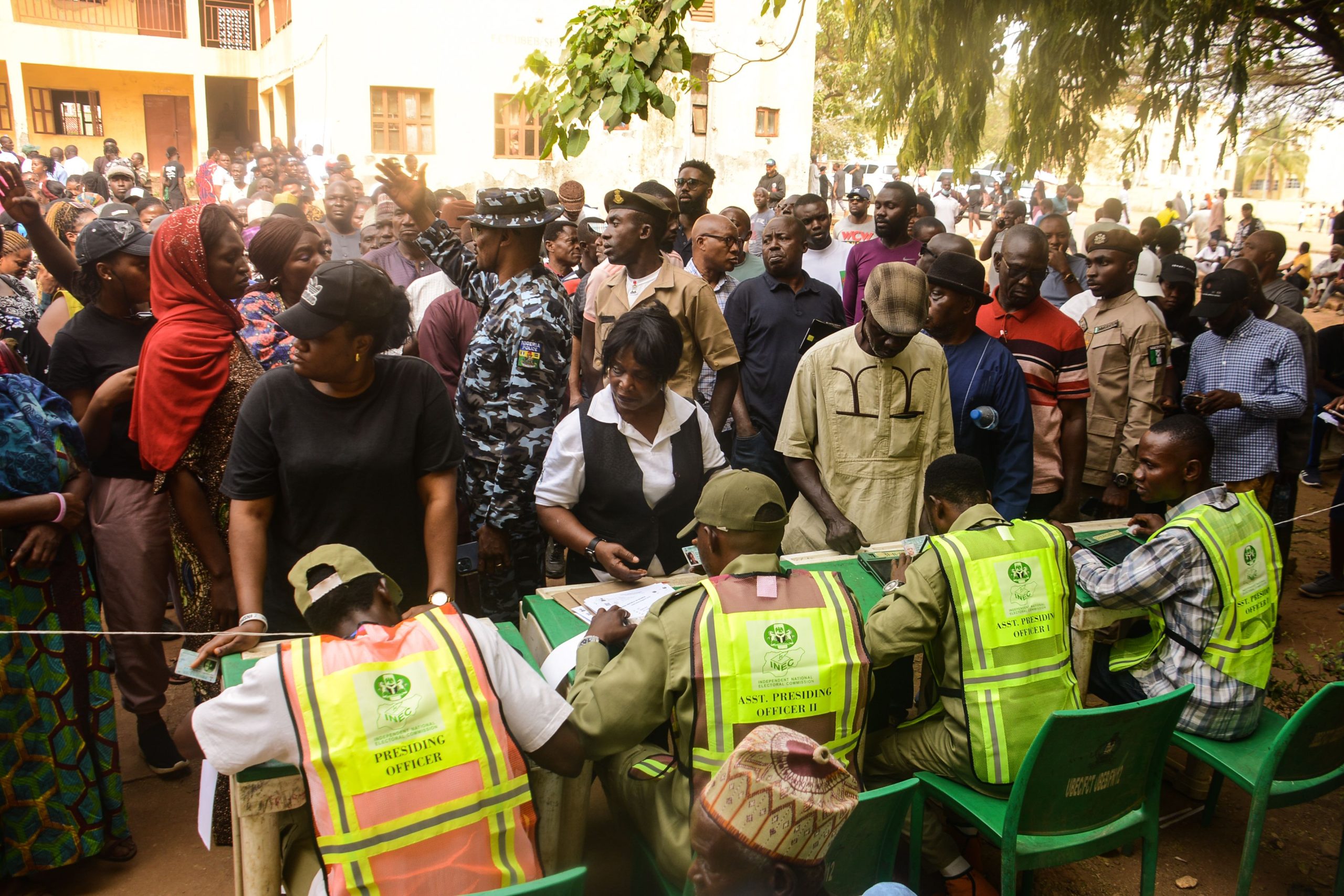
Off-cycle elections, held outside the regular national or state election timetable, are an intriguing and influential aspect of the electoral process. In Nigeria, as in many other countries, these elections can have far-reaching implications for both local governance and national political trends. This blog post explores the significance, challenges, and political influence of off-cycle elections.
Understanding Off-cycle Elections
Off-cycle elections are typically conducted to fill unexpected vacancies in elective positions or to decide on specific local or state issues. Unlike general elections, which are scheduled at regular intervals and often attract high voter turnout, off-cycle elections can happen at any time and usually see lower participation rates.
The Significance of Off-cycle Elections
Despite their lower profile, off-cycle elections are significant for several reasons:
- Local Impact: These elections often have a direct impact on local governance and policy-making.
- Testing Ground for Parties: They serve as a testing ground for political parties to gauge public opinion and refine their strategies.
- Indicator of National Mood: Off-cycle elections can act as a barometer for the national political climate, indicating shifts in voter preferences and sentiments.
Challenges in Off-cycle Elections
Off-cycle elections face unique challenges, including:
- Voter Apathy: Due to their timing and lower public profile, these elections often suffer from low voter turnout.
- Resource Constraints: Organizing elections outside the regular cycle can strain the resources of electoral bodies.
- Limited Media Coverage: These elections typically receive less media attention, which can impact voter awareness and engagement.
The Political Influence of Off-cycle Elections
Off-cycle elections can have a significant political influence:
- Shaping Political Narratives: The outcomes can shape political narratives and influence the strategies of political parties.
- Policy Implementation: Victories in off-cycle elections can impact policy implementation at both local and national levels.
- Momentum for Political Parties: Success in these elections can provide momentum for parties leading up to general elections.
Enhancing Participation and Fairness
To address the challenges and enhance the fairness and effectiveness of off-cycle elections, several measures can be implemented:
- Targeted Voter Education: Raising awareness about the importance of these elections is crucial for increasing participation.
- Effective Use of Technology: Utilizing technology for voter mobilization and information dissemination can improve engagement.
- Strengthening Electoral Infrastructure: Ensuring that electoral bodies have the necessary resources and support is key to conducting fair and efficient elections.
Off-cycle elections, while often overlooked, play a crucial role in the democratic process. They offer insights into local governance issues, test political strategies, and reflect broader political trends. Addressing the challenges associated with these elections and enhancing voter participation and awareness are essential for leveraging their full potential in shaping political landscapes.
